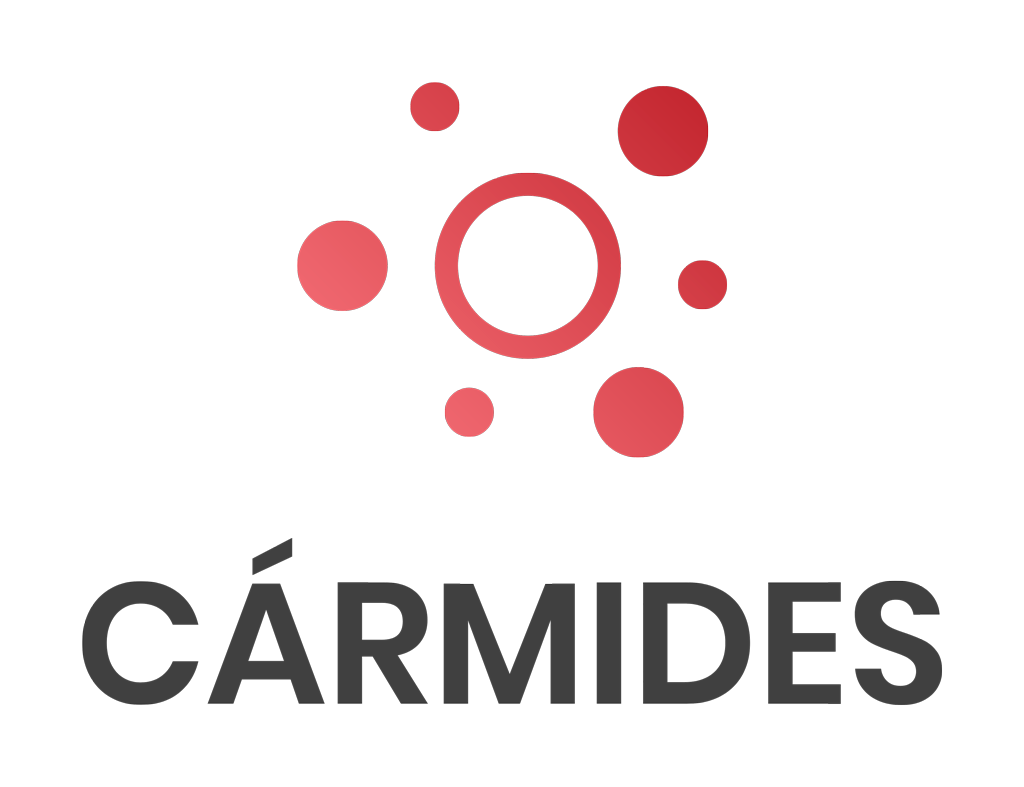With the objective of disseminate the different local resources and the non-profit associations that could be of help in the different stages of the disease, we acted as an intermediary, making these associations known, the services they offered and the different workshops that were offered from their headquarters.
Featured projects
Transverse and experimental study on the effectiveness of training to improve adaptation to breast cancer and the prognosis of the disease
The process of adaptation to the disease, understood as mobilization of resources and development of facing strategies, is linked to the quality of life and well-being of the patient, which predicts the prognosis of cancer. Based on this general hypothesis, this research project, whose ultimate goal is to improve the quality of life and well-being of patients, has the following objectives:
- To evaluate the effectiveness of individualized training based on resource management to improve the adaptation to breast cancer
- Analyze the role of the adaptation to the disease in cancer prognosis through the use of biological markers
In accordance with the demand of the oncology nurses, a training session was held at the hospital facilities where topics of interest were discussed, such as effective communication with patients and the management of emotions and stress: professional burnout in healthcare professionals, fatigue out of compassion or satisfaction out of compassion.
On the occasion of World Cancer Day, a short video was made where some of the participants in our research shared their experience with the disease. This way, we create awareness and give visibility to people who are suffering from the disease, as well as to all professionals who work in research or care with this group of people.
Under the slogan of "Emotional Gymnastics", they were introduced to the A-B-C scheme of rational emotional therapy. The objective of this exercise was to show the interrelationship between behavior, emotions and cognitions, as well as being able to identify irrational thoughts that may occur regarding the disease (and other areas). This type of cognitive restructuring techniques aims to highlight the importance of the interpretation of events and the underlying beliefs displayed (cognitive component) instead of the triggering event. That is, it takes cognition as the focus of the intervention (it, and not the event, generates the discomfort).
Anxiety or physiological activation has an adaptative and functional value. However, the coexistence with several stress agents makes possible a sustained level of basal anxiety to happen. This is related to a psychical, somatico and physical discomfort. Therefore, and attending to the evaluation of the needs and skills of each participant, they were instructed in the differents types of meditation so that they could apply it on their daily routines, and also in the moments with a higher physiological activation (before trials and medical tests, moments before gettings the results, etc).
Through this invitation, the women that fulfilled the inclusion objectives were offered to participate in the study.
Guide to what are and how to act in case of having recurrent thoughts. This type of (negative) thinking often affects cancer patients during the course of their illness.


